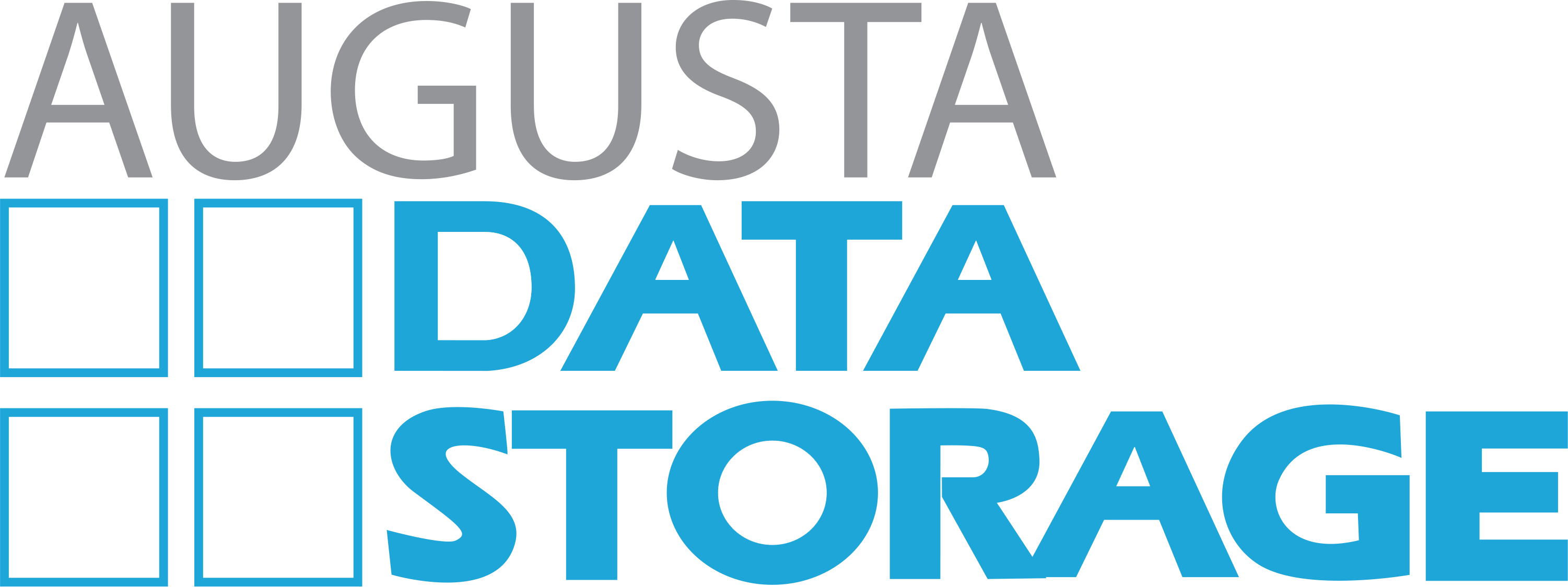Top Information Security Risks in 2024 and How to Prepare for Them

As we gear up for 2024, it’s evident that the world of information security is evolving at lightning speed. With new tech advancements and ever-more sophisticated cyber threats, businesses need to stay on high alert to protect their digital and physical assets. We’re exploring the top information security risks of 2024 and sharing our top tips to help you stay prepared.
Top Information Security Risks in 2024
AI-Powered Attacks
With the rapid adoption of artificial intelligence (AI) in businesses, cybercriminals are also leveraging this technology to launch sophisticated attacks. AI-powered attacks can learn and adapt in real-time, making them challenging to detect and defend against. These attacks have the potential to cause significant damage, from stealing sensitive data to disrupting critical systems. As AI continues to advance, businesses need to ensure they have robust security measures in place to protect against these attacks.
Cloud Security Breaches
As more and more businesses move their data and operations to the cloud, there is a growing concern for cloud security breaches. The shared responsibility model of cloud computing means that both the provider and the user are responsible for securing the data and systems. However, with so many parties involved, it can be challenging to ensure complete security. Businesses need to carefully vet their cloud providers and implement additional security measures to mitigate this risk.
Internet of Things (IoT) Vulnerabilities
The IoT is becoming increasingly prevalent in both personal and business contexts. While this technology offers convenience and efficiency, it also opens up numerous vulnerabilities for cybercriminals to exploit. From connected devices with weak security protocols to unsecured networks, there are various entry points for IoT attacks. Businesses need to have strict policies in place for IoT device management and regularly update firmware and software to prevent these vulnerabilities.
Ransomware Attacks
Ransomware attacks have been a top information security risk for years, and this trend is likely to continue in 2024. These attacks involve locking victims out of their systems or data and demanding a ransom payment to restore access. The rise of cryptocurrency has made it easier for cybercriminals to demand and receive payments anonymously, making these attacks even more prevalent. To protect against ransomware attacks, businesses need to have secure backups and regularly test their disaster recovery plans.
Insider Threats
While we often focus on external threats, insider threats pose a significant risk to businesses’ security. Whether intentional or unintentional, employees can compromise sensitive data and systems through human error or malicious intent. Businesses need to have strict access controls in place, regularly review permissions and conduct thorough background checks for all employees. It’s also essential to educate employees on cybersecurity best practices and the potential consequences of their actions.
Physical Security Risks
While digital security threats are on the rise, it’s important not to overlook physical security risks. Unauthorized access to physical data storage sites can lead to data breaches. For example, unauthorized access to server rooms can expose sensitive data. This could be due to weak access control, lack of surveillance, or insufficient security awareness among staff.
Physical security breaches can have far-reaching consequences, including data loss, damage to hardware, and disruption of services. To mitigate these risks, businesses should implement robust physical security measures such as access control systems, surveillance cameras, and regular security audits.
How to Prepare for 2024 Information Security Risks
Regularly Review and Update Security Policies
With constantly evolving threats, businesses must review and update their security policies regularly. This includes everything from password management protocols to data backup procedures. Being proactive in policy updates can help mitigate risks and minimize potential damages in the event of an attack.
Implement Multi-Factor Authentication (MFA)
Multi-factor authentication adds an extra layer of security to prevent unauthorized access to sensitive data and systems. This method requires users to provide more than one form of identification, such as a password and a unique code sent to their phone or email, to access an account or system. It’s crucial to implement multi-factor authentication for all devices and accounts with access to sensitive data, wherever possible.
Conduct Regular Security Audits
It’s essential to conduct regular security audits to identify vulnerabilities and address them promptly. These audits can help businesses stay up-to-date with the latest security measures and identify any potential weaknesses that could be exploited by cybercriminals.
Invest in Employee Training
Employees are often the weakest link in a business’s security posture. Investing in regular employee training can help educate them on potential risks and how to prevent them. This includes training on identifying phishing emails, avoiding social engineering tactics, and following proper data handling procedures.
Regular Backups
Regularly back up important data to ensure it can be recovered in case of a data breach or other disaster. Offline backups provide an additional layer of security for your digital data and they are immune to online threats such as hacking, ransomware, and server crashes. By keeping offline backups, you can ensure that your data is safe, even in the event of a disaster or catastrophic failure affecting your online backups.
Consider a method like the 3-2-1 backup strategy: create three copies of your data, with two on different storage media and one stored offsite.
Secure Physical Data Storage
Don’t neglect to secure your physical information. Protect against physical security risks by ensuring your physical data storage sites are secure. This includes implementing access control measures and regular audits of physical security protocols. It’s also crucial to have a plan in place for secure data disposal at the end of the document lifecycle.
Proper Hardware Disposal
Ensure old hard drives and other hardware are properly destroyed to prevent the retrieval of sensitive information. Services like Augusta Data Storage’s hard drive destruction service guarantee that your data is permanently destroyed in accordance with data privacy regulations.
Work with a Trusted Information Security Partner
It can be challenging for businesses to keep up with the rapidly evolving world of information security. Working with a trusted information security partner can help businesses stay on top of the latest threats and have a comprehensive plan in place to mitigate risks. Preparing for the information security risks of 2024 requires a proactive approach and a trusted partner in data management. Augusta Data Storage offers a comprehensive range of services designed to protect your business from both digital and physical threats.
With our expertise, you can step into 2024 with confidence, knowing that your data is secure. From secure records storage and cloud-based access, to certified secure mobile shredding and specialized media and hard drive destruction, Augusta Data Storage has you covered.
Get Prepared for 2024 with Augusta Data Storage
As we enter 2024, businesses must prioritize information security. The rise in cyber attacks and evolving threats means that companies need to be proactive in their approach towards protecting sensitive data and systems. By regularly training employees, implementing robust security measures, and staying informed about the latest risks, businesses can mitigate the impact of potential cybersecurity threats. And don’t forget about physical security risks – proper access controls and secure disposal of data and products are essential in preventing breaches.
Don’t wait until it’s too late. Contact Augusta Data Storage today to discuss your information security needs for 2024. With our comprehensive services and experience, we can help safeguard your data and protect your business. Have peace of mind knowing that your business is prepared for whatever information security challenges may arise in the year to come.
